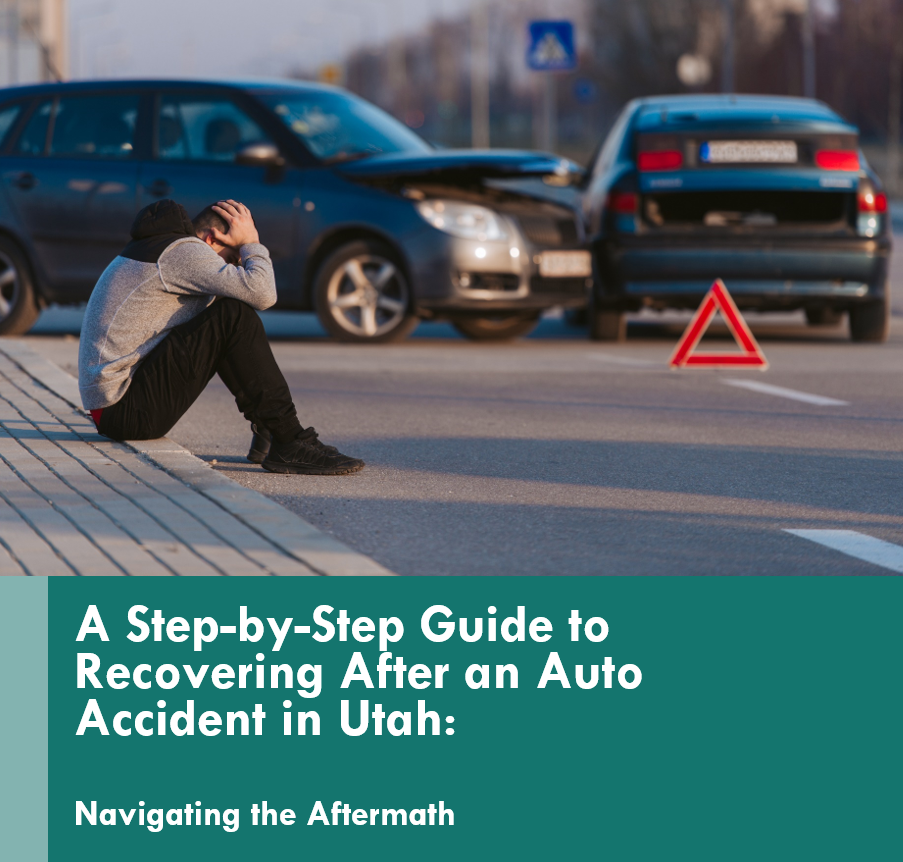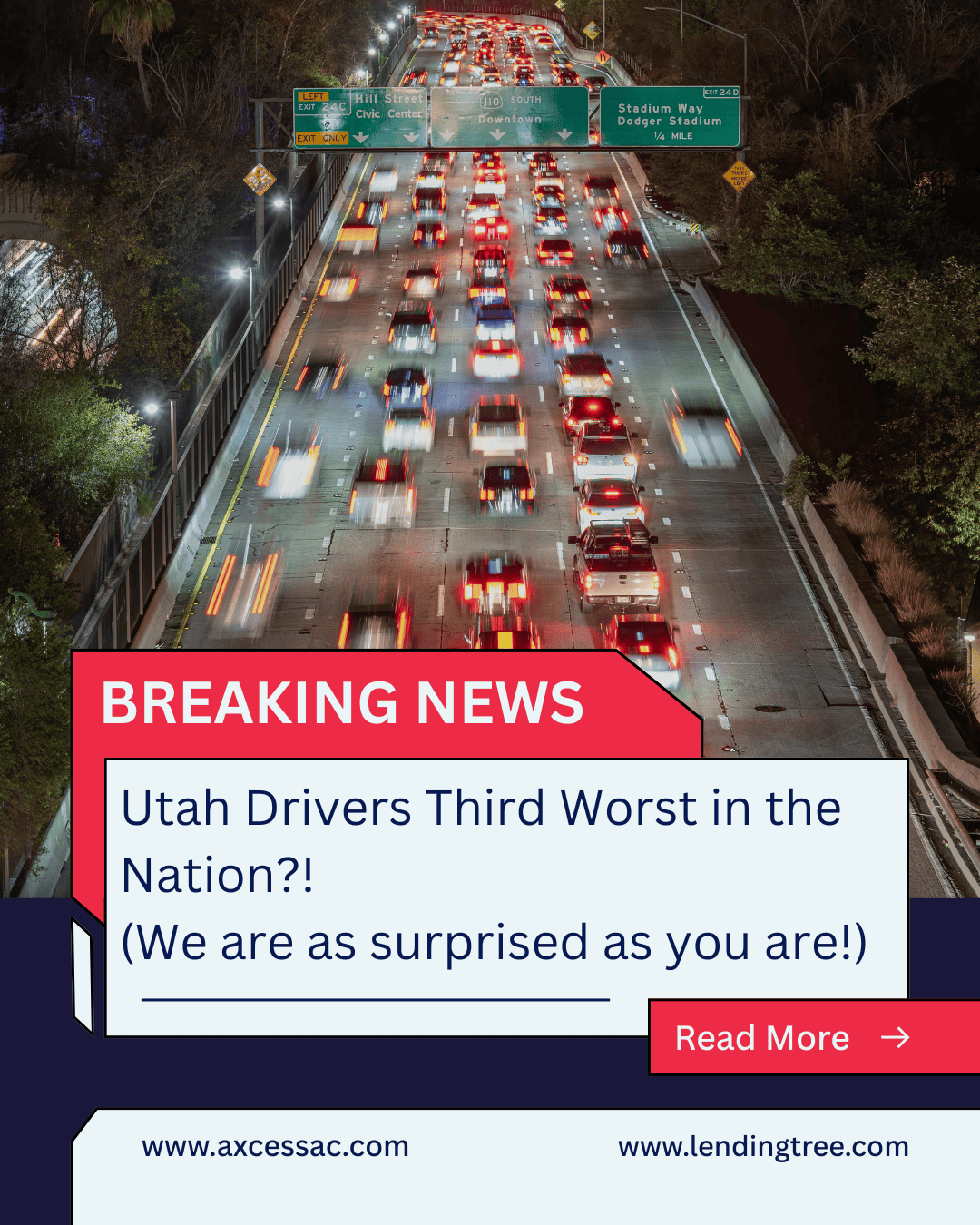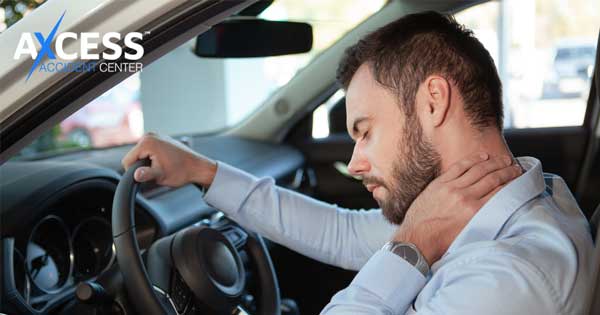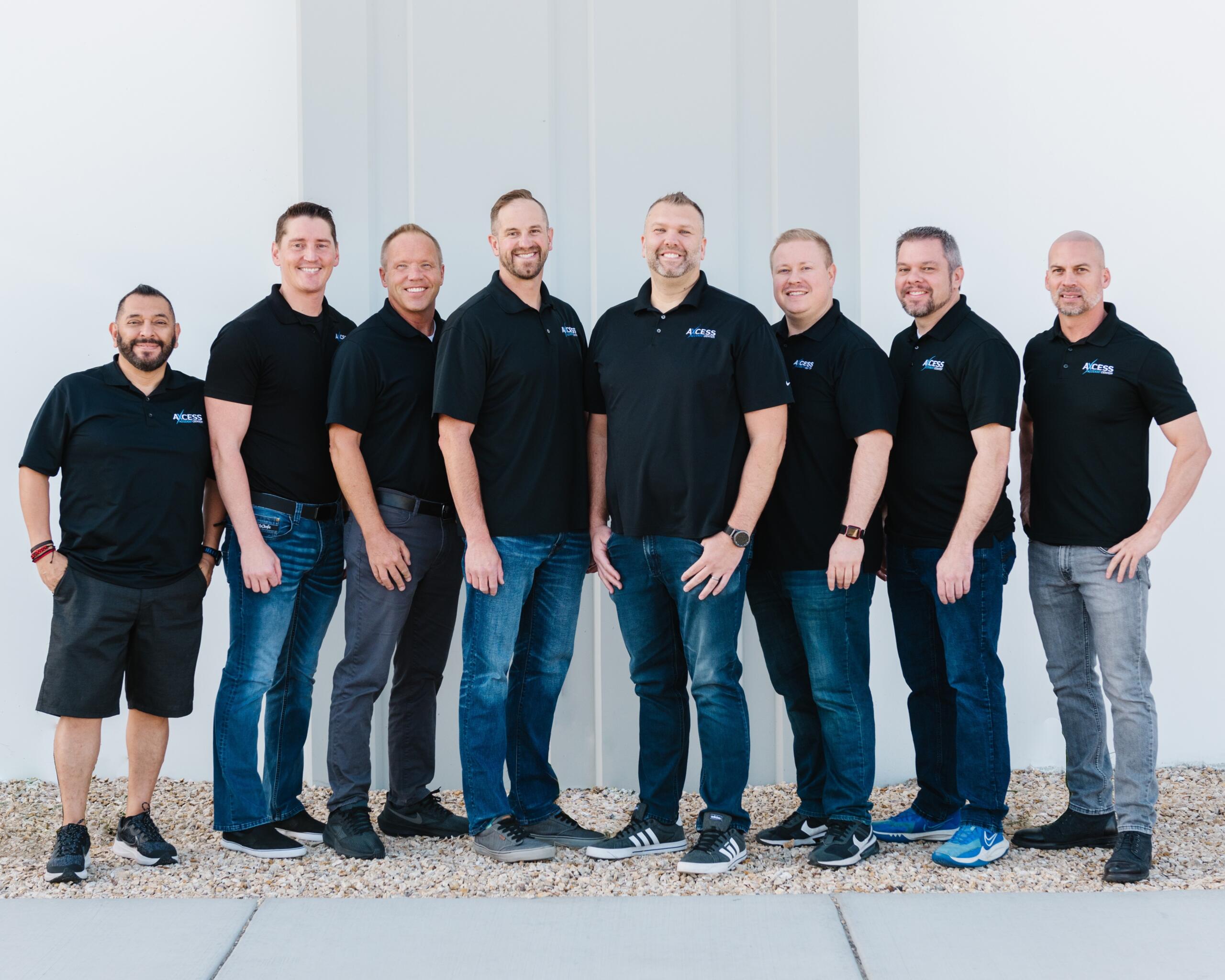Auto Accidents happen in Utah daily. Knowing the steps and processes are what make auto accident recovery in Utah clearer and less stressful. Auto Accident Injuries happen from these accidents every day as well. Being injured in an auto accident can leave a person with a lifetime of issues and health problems. Read over some of these steps to help your process be smoother and get the help and representation you need to be successful in your recovery.
Introduction
Experiencing an auto accident in Utah can be overwhelming and disorienting. The immediate aftermath is crucial, setting the stage for your recovery and the resolution of any issues that arise. Whether you are dealing with injuries, insurance claims, or vehicle repairs, knowing what to do can make a significant difference in how smoothly things unfold.
This quick guide is designed to assist you through the essential actions you need to take after an auto accident. From securing a thorough medical evaluation and navigating insurance discussions to understanding your rights and managing car repairs, we will walk you through each critical step. We will also explain how an attorney can provide valuable assistance, ensuring you are not navigating this complex process alone.
Our goal is to empower you with the knowledge and resources necessary to make informed decisions and protect your well-being. While the days following an accident can be challenging, you do not have to face them without guidance. Let this quick guide be your roadmap to a smoother recovery and resolution.
Steps to Take After an Auto Accident
1. The Insurance Company is Calling About the Accident, Now What? Do You Talk to the Insurance Company or Not?
Insurance companies are very interested in talking with you after an accident. They want to see how you are doing and see how they can help. You may want to be careful how you answer. Sometimes they will use what you say against you later during the final settlement process. We promise this is not made up, but we had a patient answer the phone and the adjuster asked, “how are you?” to which they politely responded “good” and then continued answering their questions. When it came time to settle their case, the insurance stated the day after the accident the patient said they were “good” and did not need the treatment they had received based on that simple answer. The key is not to be deceiving, however describe truthfully and boldly how you feel. Let them know if you are injured/shaken up, sore, or not sure, because you have not been examined by an accident specialist. Be clear with your communication about whether you think you need to be examined. This will have them understand how you are feeling and stop them from manipulating a polite response. In the end the insurance company is calling you either to talk about medical needs or your vehicle repairs. These are two separate things and require different conversational approaches.
Vehicle Repair Discussion: You can talk to the insurance company about getting your vehicle repaired. This is a priority, and it’s fine to discuss this with them. This claims adjuster is separate from a medical adjuster in most instances. In section two (Where Do I Get My Car Fixed?) we talk more about vehicle repairs.
Injury Discussions: Have you ever returned to gym after an extended time period of not going to the gym? Often the day of your return you feel good and that you are stronger than you thought you would be after your break from the gym. The next day, you feel a little sore, and by the 2nd day you are asking yourself “who hit me with the giant truck?” Soft tissue injures can take 24 to 72 hours to fully present themselves and more symptoms can appear even up to a week after your accident. Answering honestly about being shook up right now and letting them know “I am unsure of my injuries” is a great response. You likely have not been checked by a medical provider to see if you are as you were before the accident. You also have a large surge of adrenaline following a collision that will wear off with time. Be prepared for you symptoms to change over the next days and even weeks.
Medical Check-Up: Just know that it is your right and responsibility to get checked by a medical provider after an accident. It is highly recommended that you see a specialist in Motor Vehicle Occupant Injuries. Going to an ER doc or a family physician can often leave a patient with the thought that Ibuprofen and rest will fix any injuries from an accident. However, this is rarely ever the case. Be aware that vehicle occupants suffer injuries up to 60% of the time when in motor vehicle accidents. If you wait too long, the insurance company will become suspicious that your now injuries may have been caused by a different injury at home, work or during sports. They may try to deny coverage if you wait too long after the accident.
2. Where Do I Get My Car Fixed?
Choosing a Repair Shop: This is often the number one concern for many people. You are allowed to get your car repaired at any auto body shop. Many auto insurance companies have “direct repair programs” they are certified and offer discounts to the insurance companies. Some of these shops are great and offer lifetime warranties on repairs. When choosing a facility it is recommended that you look at their reviews and see if the repair shop is right for you. You can obtain quotes from multiple shops if you desire and go with the shop you feel most comfortable with.
Rental Vehicle: If you’re not at fault, you should be offered a rental vehicle. If you are at fault, rental coverage depends on your policy. Just because you have “Full Coverage” it does not mean you have rental coverage as well. Sometimes the at fault insurance may drag out getting a rental car for the not at fault party. Often, the insurance company will want to investigate who caused the accident to determine liability. Obtaining a copy of the police report can be extremely helpful in limiting the time they take to determine liability. You may obtain this from the police station in the city where your accident occurred. It is always wise to have rental coverage in this instance as it can become costly having to ride share or get a car out of your own pocket.
Car Seat Replacement: Infant and child car seats are made to withstand one accident, not multiple. Even if there is no visible damage, you need to have your car seat replaced! If a car seat was in use during the accident, the at fault insurance company is required to replace it. If the accident was your fault, and you have Comprehensive or Collision insurance the insurance company will replace your car seat. If you have liability only insurance, they will likely not replace your car seat.
3. Saving & Retaining Accident Information
Pictures of your car: Ever heard the phrase a picture is worth a thousand words? In this case it is probably worth more. If you did not take pictures of your car and the other car make sure you at least try to get pictures of your car at the shop or tow yard. You may also want to make sure you have pictures of any skid marks, or marks on the road or property that was damaged in the crash. You can never have too many pictures or video.
– Car: All Sides of all vehicles involved
– Location: Video or views from every direction
– Information: Licenses, Insurance, or Accident Information Exchange Form, Tow company card, Police officer card, any other pertinent information
– PRO TIP: Send all of the pictures and video to yourself or a person of your choosing. This puts the information in the cloud or with your person if you phone is lost, stolen or damaged.
4. Should I Take the Money the Insurance Company is Offering?
Settlement Timing: Insurance companies have found that being nice and offering you a couple thousand dollars often has people eager to sign away their rights. Once you sign for that payment, your ability to obtain the help you need may be lost forever. Find out the full extent of your injuries and what you may need in the future before accepting and signing an offer from the insurance company. You have up to four years in Utah to accept a settlement (An exception to the 4 years rule are accidents with Government agency owned vehicles or UDOT. This is usually 1 or even 2 years max to settle or begin the litigation process.). Avoid settling for health-related claims too quickly and without a professional medical opinion, because injuries may surface later, requiring expensive treatments. Up to 60% of people in Motor Vehicle Collisions are injured in some way. Note that Medical Adjusters from insurance companies are NOT medically trained to diagnose or recommend treatment. Often, they will make you question if you should really be getting care. Their opinion should hold no weight.
Vehicle Settlement: It is pretty common for insurance companies to give you a low offer on your vehicle’s value. If your offer for your car is lower than the market value you may want to consider providing three other car sale prices that are listed in your area. These should be similar in milage, age, and model. This can help the insurance company understand what it will cost to replace your vehicle and raise your offer from the insurance company. You also need to include what it will cost for tax, title and licensing. Those expenses are not your burden to bear. The insurance company is responsible to make you whole and complete. Another thing to consider is did you have new tires recently on your vehicle? New suspension? These items have value as well and if they are new not several years old, they are also bargaining chips to help you get the right value for your vehicle. Know that you have options besides just accepting whatever the insurance company says. It’s generally fine to accept money for vehicle repairs, but hold off on settling health claims until you’re fully aware of your medical condition.
5. When Should I Get the Police Report?
Availability: Police reports are typically available 10 days after the accident. The driver exchange form you received at the scene will have some initial information. Likely the #1 driver on the information exchange form is at fault, however, this is not 100% the case every time.
At Fault: If you were at fault and received a citation you likely have to call in and pay a fine or accept guilt or plead not guilty no earlier than 4 days and no later than 14 days after the accident. Remember to manage this in your calendar and making the call or appearance is not complicated or difficult even though it may feel that way.
Legal Status: Whether or not you are a citizen of the United States you have rights and should not fear having the police come to help record the accident. Many are concerned that retaining an attorney or doing anything with the police will jeopardize their ability to stay in the country. All of the attorneys we work with will say that is just not the case. Don’t take our word for it. Speak with an immigration attorney today to find out how this works with your citizenship. We have some resources in our offices that you can reach out to, or you can use someone that others have referred you to, but please don’t let these concerns stop you from getting the treatment and coverage you deserve.
6. Should I Talk with an Attorney?
Legal Support: This is often a question people have. If you are not at fault or believe you are not at fault it is worthwhile to talk to a personal injury attorney. There are many out there and you want to find one that fits your needs. Most Personal Injury attorneys do not charge per hour, but work on a contingency till the case settles. This allows for free consultations and no-out of pocket costs to retain an attorney. Some may help with property damage to the vehicle, but many do not. Once you have retained an attorney, they will handle the communication between you and insurance companies regarding your medical claim. This takes away all the distractions and concerns so you can focus on getting better.
I’m At Fault: If you are the at fault driver you likely will not need or be able to be represented by an attorney. However, if you had passengers in the vehicle they are entitled to one if they choose. If they retain an attorney don’t stress. The attorney is used to help navigate the health claims and make sure that the insurance you already paid for takes care of the passengers. Often at fault drivers tell friends not to use their insurance or get an attorney. This will only lead them to having chronic problems in the future if they are not managed. Again, the attorney is NOT going to “sue” the at fault driver, but to make sure the insurance policy protects the injured. The at fault insurance was “contracted” to protect the driver from being responsible for paying for injuries and property destruction. This is why it is always good to consider having higher than state minimums. Example: If you hit a Tesla Model X and total the car. It may be valued at $90,000. If you have a $15,000 for property damage you may personally be on the line to cover the other $75,000 in property damage. These types of surprises can be hard on you and your family. Speak with your insurance agent today to make sure you are covered in any situation.
Expertise Matters: Many people believe they can do this all on their own, however the Personal Injury attorney is an expert and knows the rights you have and know how the process should go. Many people believe that the attorneys are just out to get money. There are some that do, but the majority are there to make sure that you are treated fairly. The money isn’t just there to be taken, the settlement is based upon your time away from work, family, sports and the things you love. Money is there for future treatment you may need due to your injuries. It is also there for your travel, fuel, and inconvenience of often several months’ worth of treatment that was not your fault and not your responsibility to cover. If the insurance company can get a discount, they will do everything they can do to get it. This is where an attorney that understands and is an expert assures that you are taken care of, and the Insurance company follows their own policy that the at fault party paid for. Save your time and stress and talk with an attorney about your case.
7. Documentation
Notebook: Get a notebook or keep records on your phone.
- Note each time when you talk to the insurance company & what it was regarding
- Note when you Start Medical Treatment
- Note health changes, emotional changes, physical changes, and anything that the auto accident has changed in your overall Health. (Concussion, PTSD, Pain). Many times, you will feel you are not acting differently at all but listen to and document the comments of those closest to you. If they say you are acting differently or strangely make sure you speak with your physician about these changes.
- Activities of Daily Living (household chores, getting out of bed, walking the dog, work interruptions, lifting or taking care of children, etc.) may change as well. Have you needed help? Are you unable to work? What limits have you had to put on yourself since the accident? These are all things to take note of both so we know how the accident has affected your life, and to be able to gauge your recovery.
Expenses: Keep pictures of or the actual receipt of things you have had to buy due to the auto accident. This may include medical needs, car seats, towing, rental car, help around the house, Uber, etc.
Pictures: If you took pictures or video make sure you have it uploaded to the cloud, dropbox, or online drive incase anything happens to your phone.
Final Thoughts
Navigating the personal injury claims process doesn’t have to be complicated, frustrating, or confusing. Having experts on your side, such as a healthcare professional trained in Motor Vehicle Collision Occupant Injuries and a knowledgeable personal injury attorney, can make the process smoother and easier. Remember, your health should be your top priority.
Using your auto insurance for your health needs won’t raise your rates if you’re not at fault. Insurance rates may increase naturally over time, but you can always shop around for better coverage.
Considering Getting Evaluated after an Auto Accident?
Call us at Axcess Accident Center 801-701-8222 and we can help you through auto accident recovery in Utah. We offer Chiropractic, Massage, Acupuncture, Ozone Injections, Decompression, Shockwave, & Rehab Therapies. www.axcessac.com
We are located throughout Utah with locations in West Valley, American Fork, Provo, and Spanish Fork. Axcess is highly rated on Google with over 3,000 – 5 Star Reviews
Pre-Accident Tips
- Coverage: Ensure you have UIM (Underinsured Motorist) and UM (Uninsured Motorist) coverage. (Don’t waive this)
- PIP Coverage: Consider raising your PIP coverage to $5,000 or even $10,000. (State Minimum is $3,000)
- Dash Cam: Install a dash cam if possible.
- Don’t TEXT and Drive: It’s illegal to text and drive in Utah.
- Car Safety: Regularly check your tires and overall vehicle safety.
For more information on car safety, visit iihs.org.
For more information on Utah Law regarding Insurance https://le.utah.gov/xcode/Title31A/Chapter22/31A-22-P3.html
This quick guide serves as a start to navigating the seemingly complex process after an auto accident, helping you prioritize your health, manage insurance claims, and seek the right legal support. Stay informed, stay safe, and recover with confidence.






